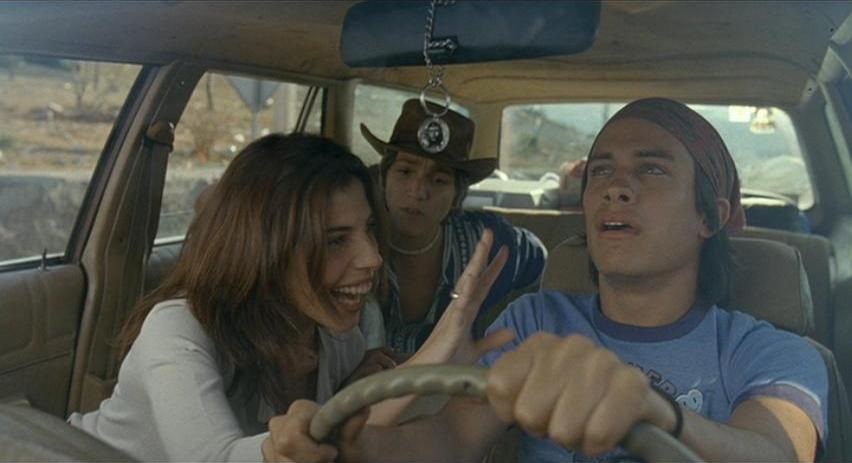
 |
| Photo © 2001 Producciones Anhelo, © 2002 IFC Films |
| Academy Award Nominations (2002): | |
| Best Original Screenplay: Alfonso Cuarón and Carlos Cuarón | |
| Golden Globe Nominations (2001): | |
| Best Foreign-Language Film | |
| Other Awards: | |
| New York Film Critics Circle: Best Foreign-Language Film | |
| Los Angeles Film Critics Association: Best Foreign-Language Film | |
| National Society of Film Critics: Best Foreign-Language Film | |
| Boston Society of Film Critics: Best Foreign-Language Film | |
| Permalink | Home | 2001 (wp) | 2002 (us) | ABC | Blog |